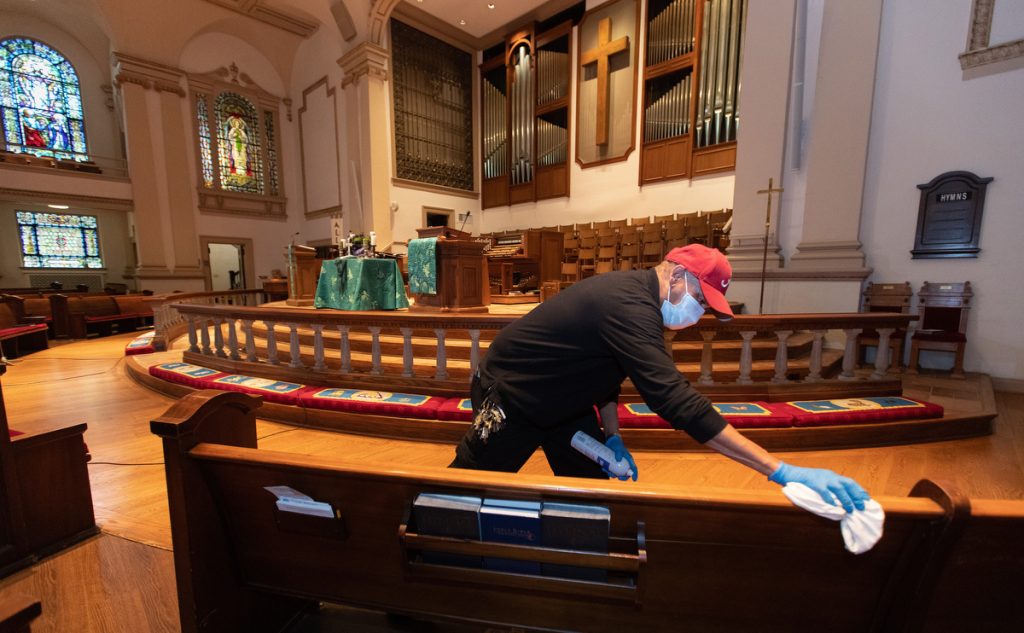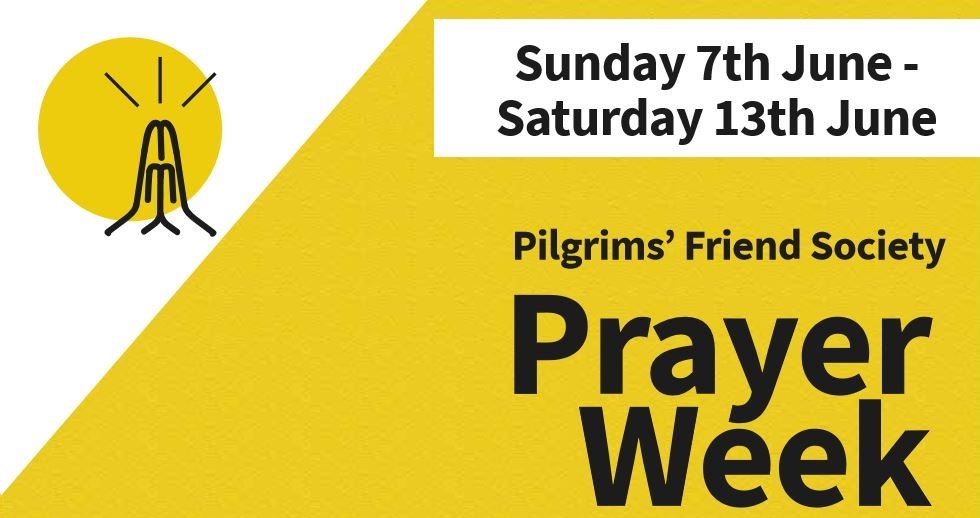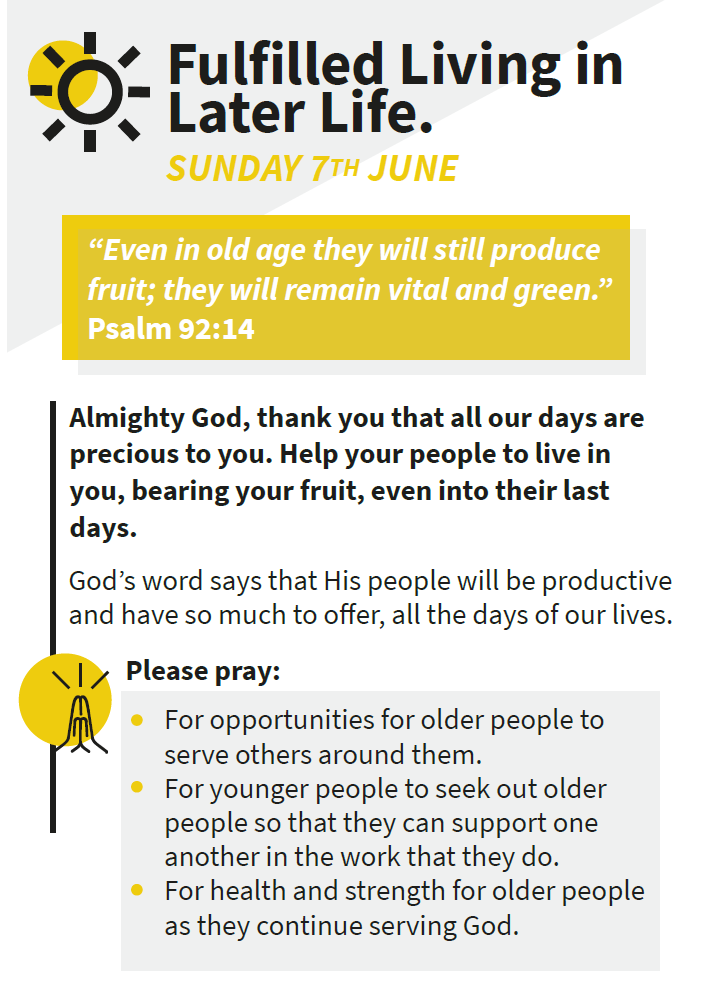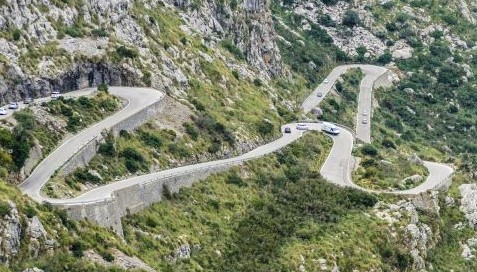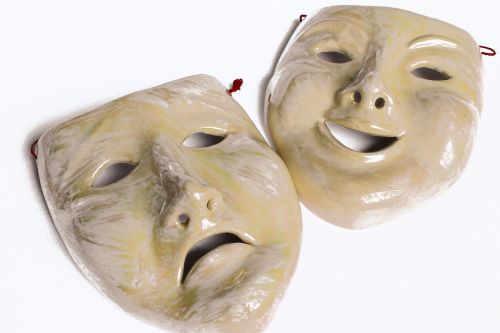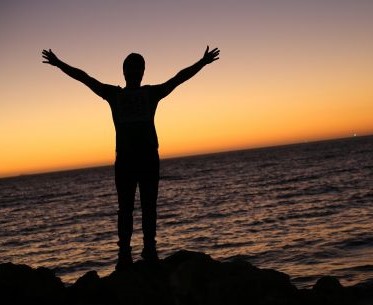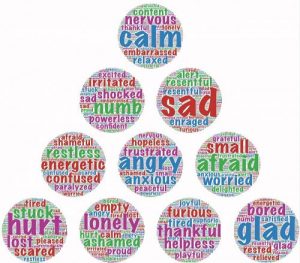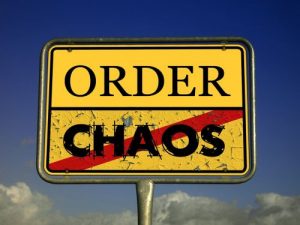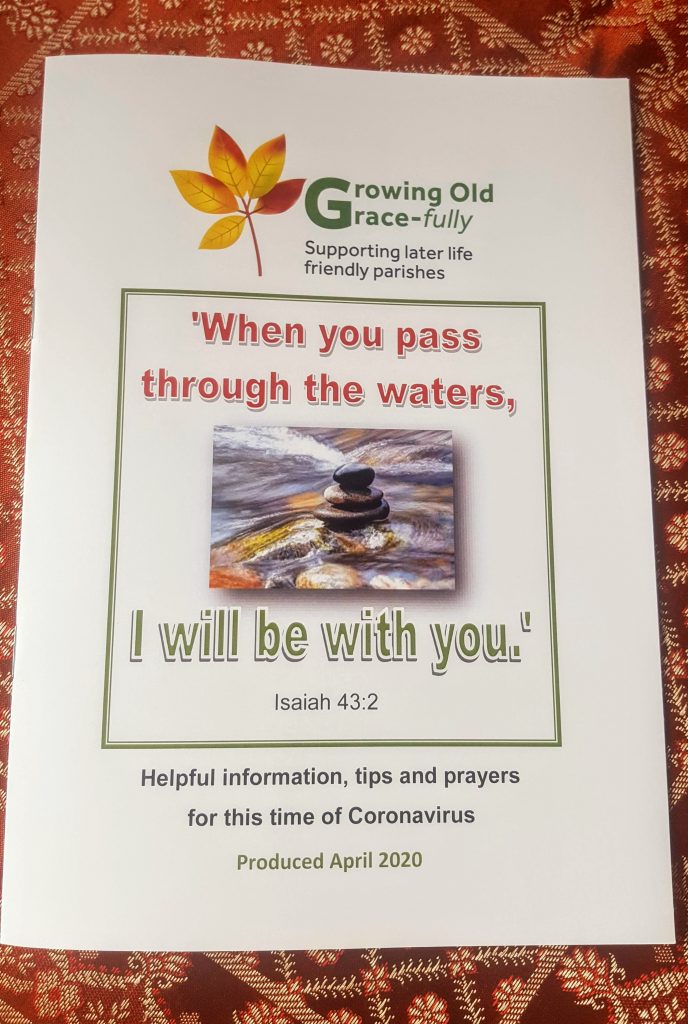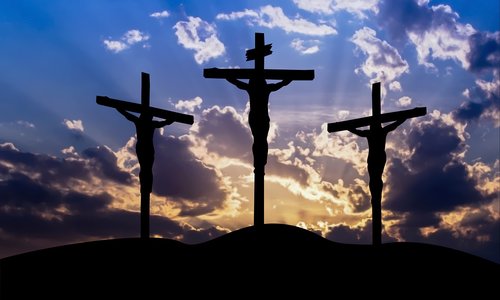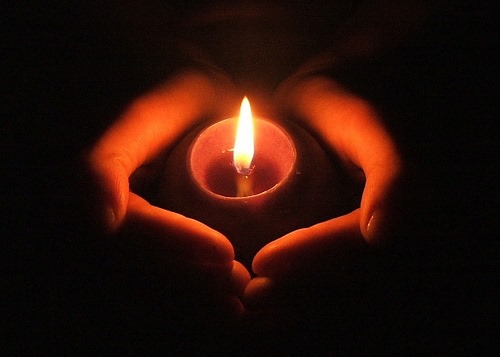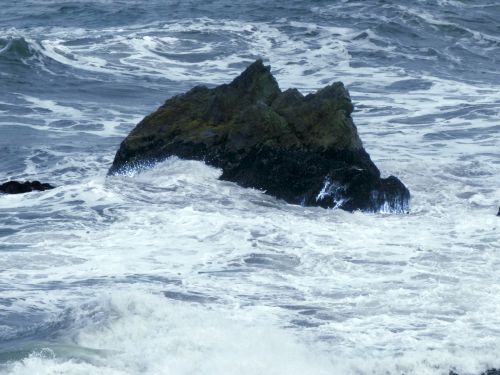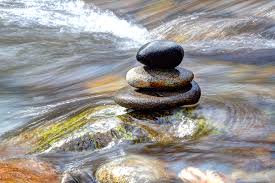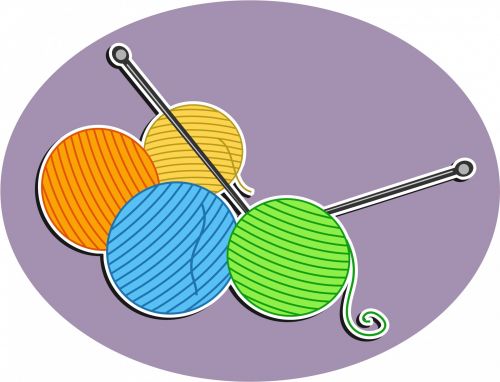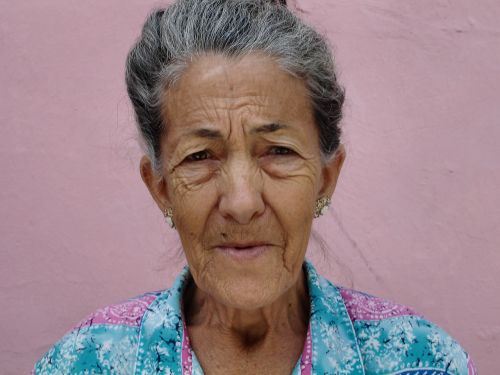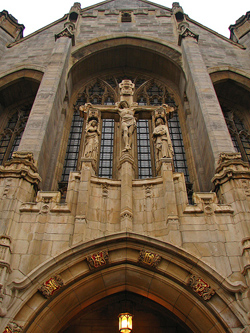In his April pastoral letter, Bishop Marcus writes: ‘Liturgy means a “common work of the Catholic Church… the participation of the People of God in the ‘work of God’. The liturgy is “the source and summit toward which the activity of the Church is directed…the font from which all her power flows.”’ We can all bring to this conciliar description, our own memories of mass-going. At my age, ripened by mass going and ‘serving on the altar’, I come from memories of using a Knox missal in the 1950s (the smell of its pages lingers yet!), to mass with an iPad. No smell left!
I think my understanding of the richness of the ‘liturgy’ as the ‘common work of the Church’ has been immeasurably enriched lately by a realisation of two other parallel more personal ‘works’ which link us to the Church’s liturgy so that its full power to transform us may be unleashed.
What are these two experiences? In ‘Novo Millennio Ineunte’, (Entering the New Millennium) Pope St John Paul described worship as ‘contemplating the face of Christ’ A beautiful image. As an impressionable youth, I now see that I confined the ‘face of Christ’ to His ‘real presence’ in the liturgy of the Eucharist. I ignored the Catechism answer to the question: ‘Where is God?: ‘God is everywhere’. A slick answer which left the conundrum intact, my own experience disengaged.
The Holy Spirit now tells me that the ‘face of Christ’ can be found in two intertwined places: in the depths of my own heart, in the hearts of all others and in the spaces between us. Secondly, I can recognise the face of the ‘universal Christ’ in the whole of creation.
I laughed and played as a boy with pals and fell in love with woods, dales, rivers and the life of birds and flowers. But I never made the link from these to that holiness I had been taught was to be found only in ‘going to church’. Perhaps this had to come later. But our human history, story, myth, poetry and song have been records created by those ‘seers’ and mystics who discovered the face of God ‘everywhere’!
The parables of Jesus jump out from a close natural insertion into and empathy with a divine-soaked interplay between the natural and human, and hence divine, world. The fig, the mustard tree, the vine, sheep, sowing seed, sweeping the house, stewardship, work – all both reveal and hide the Kingdom of God. We note ‘treasure’ but miss noting where the treasure is hidden – in a field! Fields can both hide yet reveal God! The bread and wine of the Last Supper meal presume a felt sense of the divinity in all things and all things human – deliverance, freedom, human dignity – a sacramentality prior to but meant to mould our appreciation of the seven. A discovery of the Universal Christ hidden (pretty well!) in pals and in the whole of nature can lie dormant, waiting for the Holy Spirit to judge when we are ready to ‘get it’! Celebrating these experiences of the ‘real presences’ of the Universal Christ has brought a new perspective and framework to the liturgy and the Eucharist. Older age gifted and blessed with the conviction that everything is holy, nothing is profane unless misused.
Setting our experience of the liturgical sacramental life, in its place in the context of our own sacramentality and ‘sacredness’ and the sacramentality of all created matter, brings a rich experiential new dimension to the conciliar description of the liturgy as ‘the source and summit toward which the activity of the Church is directed… the font from which all her power flows‘. As members of the Church we strive to see the Mass as such.
As individuals, we struggle to bathe in the ever-flowing font or fountain of love which is the Trinity present in and as our very being and in and as all things, Finding, acknowledging and ‘contemplating the face of Christ’ deep in our own hearts and in every morsel of the creation from galaxy to atom, brings such a transformation to participation in the Church’s liturgy, that it is thereby freed and more able in turn to work its transforming power in us.
We give thanks for the ‘God with us’, the lesson of the Incarnation. In the Holy Spirit, we can see that having joined together into and becoming what we eat – the Body of Christ – we are thereby transformed into being ‘missionary disciples’. The ‘work’ of the liturgy urges us to ‘work’ for justice, peace and care for our common home. Liturgy and our mass-going is not simply an end in itself but also the means for our own on-going transformation for a distinct Gospel purpose: to enable us to recognise the real presence, the face of Christ in all, especially in the faces of the poor and in everything. The liturgy brings us back full circle in thanksgiving to Jesus, ‘really present’ in the bread and the wine, prepared by an appreciation of Christ ‘through whom all things were made’ (John: 1: 3) ‘really present’ in the whole of creation.
Any lessons for a time of lockdown? We join on-line Eucharists from the Pope in the Vatican, to those in our own Cathedral and parish churches. These celebrations can be framed and supported by the immediacy of meeting and giving thanks for the permanent presence of Christ in our hearts, in the hearts of all and in all our now heightened appreciation of the first book of creation – nature and our place in it. This we can celebrate round our tables, at home, in our meals, in our walks of contemplative silence.
How can we learn to recognise the ‘face of Christ’ in our own hearts? That is the topic for another time – a contemplative one.
David Jackson. (With thanks and acknowledgement to insights provided by the writings of Julian of Norwich, Teilhard de Chardin, Richard Rohr, Ruth Burrows and many others)
About David
After 9 years as a priest teaching at Ushaw, David left to embrace the equally rewarding ministry of marriage, now to Teresa for some 46 years, blessed by three children and symmetrically 6 grandchildren. He retired in 2011 from being the Diocesan Interfaith Advisor after a career as a RE teacher and inspector for Bradford LEA. He tries now to tie activities round Justice and Peace with eco-care for our common home, all linked to the practice and study of contemplative prayer. He is a member of Pax Christi and ACTA. He supports Teresa in her voluntary work in Bradford with Asylum Seekers, contact with whom reveals Jesus of the Gospels. He admires the work of the Columbans, the songs of St Leonard Cohen and all the flights and lives of birds.
David says of himself: ‘I enjoy gardening, reading, walking in the woods, drinking a little too much red wine and watching rubbishy box sets’.
We are very grateful to David for this insightful piece on Liturgy in these Virus Times.
